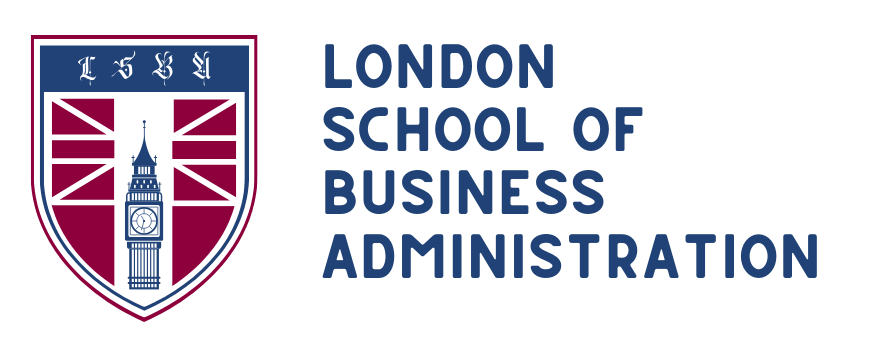Blog
Adapting to Consumer Trends: The Role of Market Research
In today’s fast-paced and ever-evolving marketplace, understanding consumer trends is more crucial than ever. The success of any business hinges on its ability to anticipate, adapt to, and capitalise on these trends. Market research plays an indispensable role in this process, offering valuable insights that drive strategic decision-making and innovation. In this blog post, we explore the importance of adapting to consumer trends and the pivotal role market research plays in this endeavour.
Understanding Consumer Trends
Consumer trends reflect the shifting preferences, behaviours, and attitudes of customers over time. These trends are influenced by various factors, including technological advancements, economic conditions, cultural shifts, and societal changes. Key consumer trends that businesses need to monitor include:
- Digital Transformation: Increasing adoption of digital technologies and online platforms for shopping, entertainment, and communication.
- Sustainability and Ethical Consumption: Growing demand for environmentally friendly and ethically produced products.
- Personalisation and Customisation: Desire for personalised experiences and products tailored to individual preferences.
- Health and Wellness: Rising focus on health, wellness, and holistic lifestyles.
- Convenience and Instant Gratification: Expectation for quick, convenient, and seamless experiences.
The Role of Market Research
Market research is the systematic process of gathering, analysing, and interpreting information about a market, including information about the target audience, competitors, and industry trends. It is a critical tool for businesses aiming to adapt to consumer trends effectively. Here’s how market research contributes to this process:
- Identifying Emerging Trends Market research helps businesses identify emerging trends early on, providing a competitive edge. This involves:
- Trend Analysis: Monitoring changes in consumer behaviour, preferences, and attitudes over time through surveys, focus groups, and social media analysis.
- Market Segmentation: Segmenting the market to understand specific trends within different demographic or psychographic groups.
- Understanding Consumer Needs and Preferences Comprehensive market research provides deep insights into what consumers want and need. This includes:
- Customer Feedback: Collecting and analysing feedback from customers through reviews, surveys, and direct interactions.
- Behavioural Analysis: Studying consumer behaviour patterns, such as purchasing habits, brand loyalty, and usage patterns.
- Assessing Market Opportunities and Threats Market research helps businesses evaluate potential opportunities and threats in the market. This involves:
- Competitive Analysis: Analysing competitors’ strategies, strengths, weaknesses, and market positioning.
- SWOT Analysis: Identifying the strengths, weaknesses, opportunities, and threats related to consumer trends and market conditions.
- Driving Product and Service Innovation Insights from market research fuel innovation by highlighting unmet needs and emerging opportunities. This includes:
- Product Development: Informing the design and development of new products or enhancements to existing products based on consumer preferences.
- Service Improvement: Identifying areas for improving customer service and overall experience.
- Enhancing Marketing Strategies Market research enables businesses to develop targeted and effective marketing strategies. This involves:
- Audience Targeting: Defining and targeting specific customer segments with tailored marketing messages.
- Campaign Effectiveness: Measuring the impact of marketing campaigns and adjusting strategies based on performance data.
Methods of Market Research
There are several methods businesses can use to conduct market research, each offering unique insights and benefits:
- Surveys and Questionnaires
- Quantitative Data: Gathering large amounts of quantitative data from a wide audience to identify trends and patterns.
- Customer Insights: Understanding customer satisfaction, preferences, and behaviour through structured questions.
- Focus Groups
- In-Depth Insights: Gaining qualitative insights from small groups of consumers through guided discussions.
- Concept Testing: Testing new ideas, products, or marketing messages with a targeted audience.
- Interviews
- Detailed Feedback: Conducting one-on-one interviews to obtain detailed feedback and personal perspectives.
- Exploratory Research: Exploring complex issues or uncovering deep insights into consumer motivations.
- Observation
- Behavioural Insights: Observing consumer behaviour in natural settings, such as in-store or online, to gain real-world insights.
- Usability Testing: Evaluating how consumers interact with products or services to identify areas for improvement.
- Secondary Research
- Existing Data Analysis: Analysing existing data from industry reports, market studies, and academic research to identify trends and benchmark performance.
- Competitive Intelligence: Gathering information about competitors from publicly available sources.
Implementing Market Research Insights
Effectively implementing insights from market research requires a strategic approach:
- Integrating Research into Decision-Making
- Data-Driven Decisions: Using research findings to inform strategic decisions across all levels of the organisation.
- Cross-Functional Collaboration: Encouraging collaboration between departments, such as marketing, product development, and customer service, to leverage research insights.
- Continuous Monitoring and Adaptation
- Ongoing Research: Conducting regular market research to stay updated on changing trends and consumer preferences.
- Agile Strategies: Adopting agile strategies that allow for quick adaptation to new insights and market conditions.
- Customer-Centric Approach
- Customer Focus: Keeping the customer at the centre of all strategic initiatives and ensuring their needs and preferences guide business decisions.
- Feedback Loop: Establishing a continuous feedback loop with customers to refine products, services, and marketing strategies.
Conclusion
Adapting to consumer trends is essential for businesses to remain competitive and relevant in today’s dynamic marketplace. Market research plays a crucial role in this process, providing the insights needed to understand consumer needs, identify emerging trends, and drive innovation. By integrating market research into their strategic decision-making processes, businesses can not only meet but exceed customer expectations.
At the London School of Business Administration, we are committed to equipping future leaders with the knowledge and skills needed to excel in market research and consumer trend analysis. Our programmes offer comprehensive insights into the latest research methodologies and best practices, preparing you to navigate the complexities of the modern business environment. Join us as we explore the transformative power of market research and lead the way in shaping a customer-centric future.


